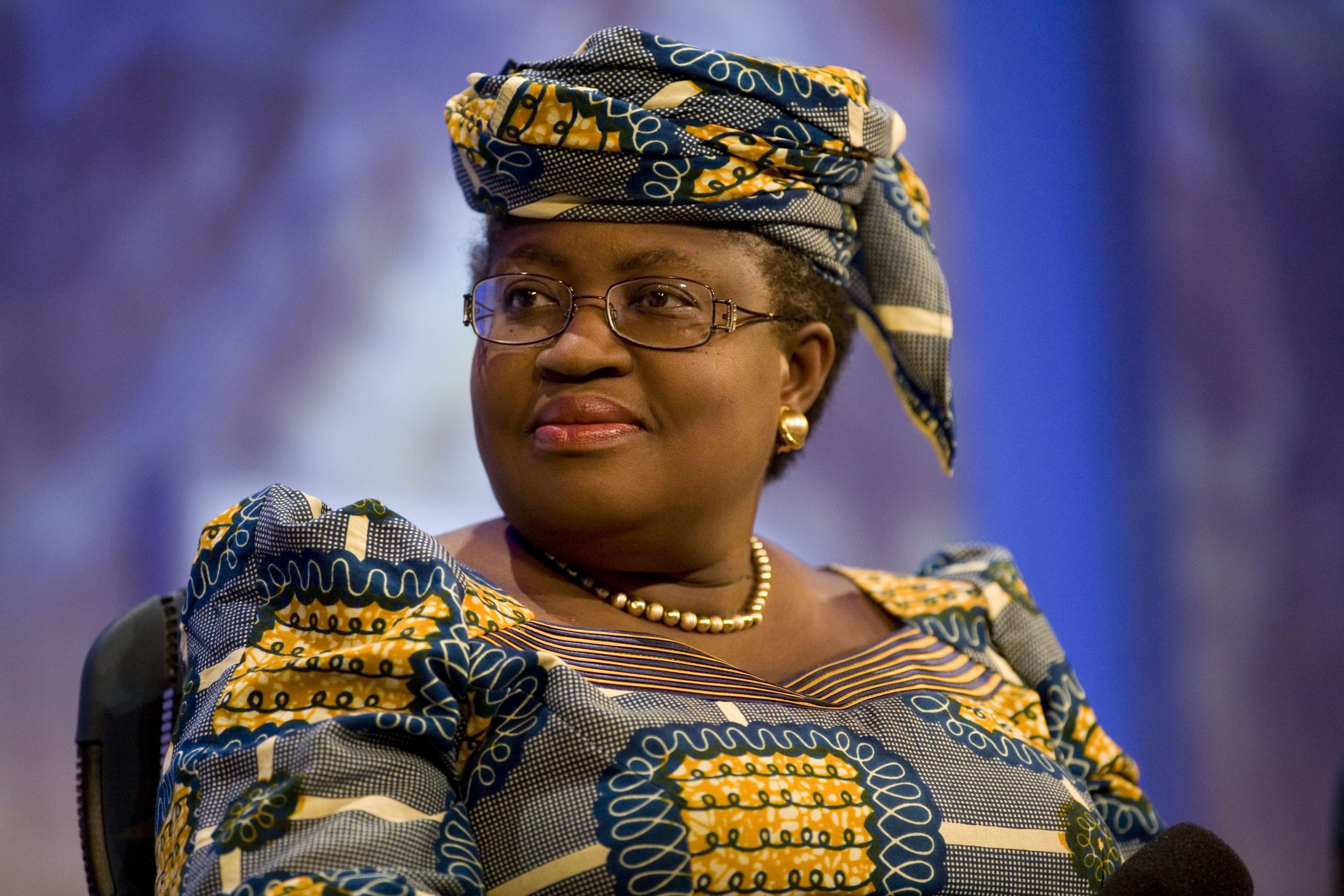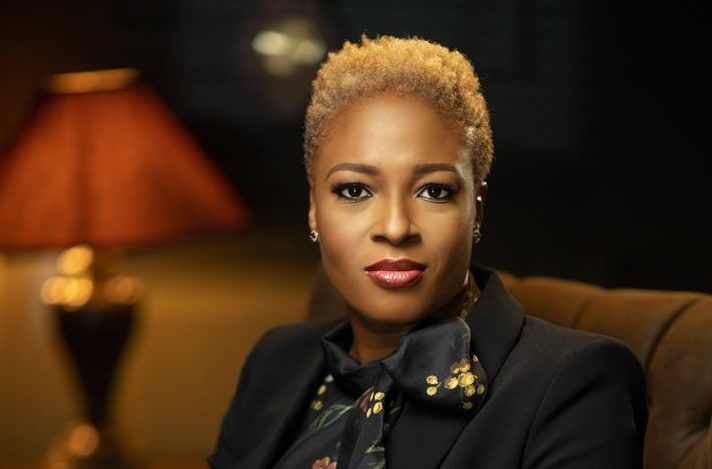Article summary
- Okonko-Iweala noted that while Nigeria’s debt-to-GDP ratio may not look so alarming, the debt service to revenue is certainly alarming as revenues decline.
- She advised the state governors to be mindful of the debt profile of their states, control expenditures as well as invest in infrastructure, education, and basic health systems.
- She also said that the country needs political and business leaders at the state and national levels to come together in pursuit of growth and development policies.
The Director-General of the World Trade Organization (WTO), Dr. Ngozi Okonjo-Iweala, has said that Nigeria’s debt service to revenue ratio is quite alarming, noting that the Federal Government has little or no money for recurrent expenditure and investment respectively.
The DG of WTO made this known at the induction programme for re-elected and elected governors, organized by the Nigeria Governors’ Forum (NGF) on Monday, May 15, 2023, in Abuja.
Okonjo-Iweala, who was Nigeria’s former Finance Minister and Coordinator of the Economy, advised the 36 state governors to be mindful of their debt profile and control expenditure.
The week-long event, holding at the Banquet Hall of the Presidential Villa, is being attended by re-elected and elected governors, past governors, members of the international community and resource persons drawn from across various disciplines.
The WTO boss, who spoke on the theme, “Task of Nation Building,” painted a gloomy portrait of the nation’s economy, urging the governors to learn and imbibe best practices that can help them deliver on their promises to the electorate.
Debt service to revenue ratio alarming
Nigeria’s gross debt has risen significantly from N19.3 trillion in 2015 to $N91.6 trillion in 2023, with the debt-to-GDP ratio nearly doubling from 20% to 39%. The debt service to revenue ratio is alarming, reaching 83.2% in 2021 and 96.3% in 2022, leaving little room for recurrent expenditures and investments.
Okonjo-Iweala said,
- “Nigeria’s gross debt level has climbed from N19.3 trillion in 2015 to $N91.6 trillion in 2023. The debt-to-GDP ratio has almost doubled from 20 per cent to 39 per cent over that time period.
- “While the debt-to-GDP ratio may not look so alarming, as revenues decline, the burden of debt servicing has increased dramatically.
- “The debt service to revenue ratio is certainly alarming, at 83.2 per cent in 2021 and 96.3 per cent in 2022, according to the World Bank. This means that at the federal level, after servicing our debt there is little room to pay for recurrent expenditures, let alone investment.
- “Excellencies, please watch your debt profiles, and keep careful control of expenditures, even as you invest in infrastructure, education, and basic health systems. Please endeavour to pay teachers, health workers, and others their salaries, and retirees their pensions.”
Okonjo-Iweala urges caution in debt profiles and expenditure control while emphasizing the importance of paying salaries, pensions, and investing in infrastructure, education, and health systems.
Economic growth in Nigeria below Sub-saharan African average
Nigeria’s GDP growth is projected to be 3.2% this year and 3% next year, slightly better than global growth but underperforming the sub-Saharan African average of 3.6% and 4.2% respectively. Although the current growth rates are higher than the period before the pandemic, they remain below the average from 2010 to 2014. According to her:
- On the level of economic activity in the country, she said, “The International Monetary Fund projects 3.2 per cent Gross Domestic Product growth this year and 3 per cent next year – slightly better than global growth but underperforming the projected growth rates for sub-Saharan Africa as a whole, which are at 3.6 per cent and 4.2 per cent respectively.
- “The current GDP growth rates are higher than the very low 1.2 per cent average annual growth rate registered between 2015 and 2019, the five years before the pandemic, but well below the 6.4 per cent average for the preceding five-year period, from 2010 to 2014.”
Okonjo-Iweala highlights the scale of the nation-building task and calls upon governors to prioritize the needs of the country’s 222 million citizens as their actions directly impact the people.
- “In our country, given its size, diversity, and economic development challenges, the scale of the task of nation-building is particularly large.
- “As you take office or return to your governorships, our 222 million compatriots will be counting on you to rise to the occasion. The states are closest to the people: what you do- or don’t do – directly impacts people across the country.” she noted.
Nigeria needs political, business leaders
- Going further, Okonjo-Iweala said, “In this gloomy and uncertain global context, Nigeria has to work much harder to avoid falling even further behind.
- “Dear governors, I remain convinced that a better future is within our collective grasp. But to move ahead and seize it, we will need political and business leaders at the state and national levels to form a compact in pursuit of pro-growth and pro-development policies.
- “We ought to be seeking to double our growth rate and sustain that higher growth until we attain upper middle-income status. We can also aim to double Nigeria’s share of world trade from 0.33 per cent to 0.66 per cent within a decade,” she said, adding that “To build such a compact, we need trust.
- “Nigeria is a country with no social contract, meaning that Nigerian political leaders have never been able to agree with each other to stick to a common set of principles, values, and policies that consistently deliver for their citizens regardless of ethnic group or political persuasion.’’














